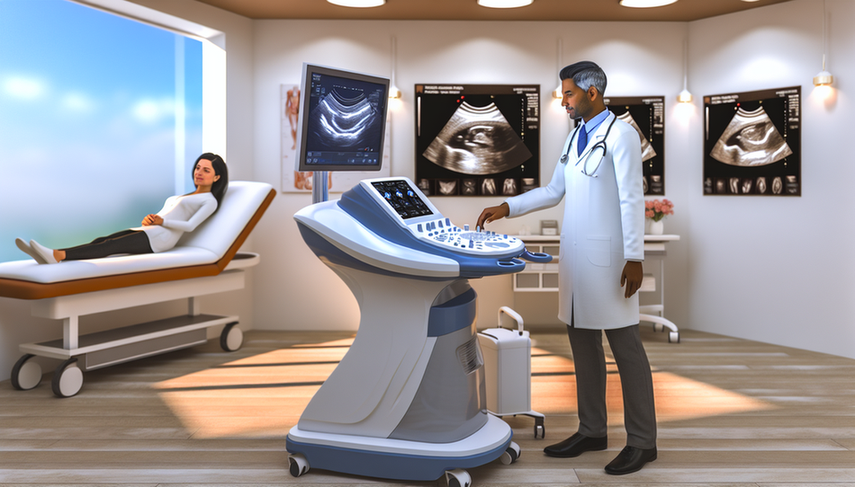AI in Ultrasound: Pioneering Early Diagnosis and Pathological Detection through Advanced Medical Innovation

Artificial intelligence (AI) is transforming the field of medicine, and its application in advanced ultrasound is set to revolutionize early diagnosis and pathological detection. The ability of AI to process large volumes of data and learn from them has opened new possibilities in medical innovation, enabling faster and more accurate diagnoses.
Advancements in AI for Ultrasound
Ultrasound, an essential diagnostic tool, greatly benefits from the integration of AI. The capability of AI to analyze ultrasound images and detect anomalies with high precision is being explored across various medical fields. For instance, in the diagnosis of neurodegenerative diseases, AI has proven effective in analyzing imaging data, enhancing the understanding of disease progression and predicting patient outcomes (ver estudio).
In cardiology, AI has been utilized to analyze cardiac imaging data, improving the early detection of heart failure and optimizing outcomes for cardiovascular diseases (ver estudio). Similarly, in the diagnosis of liver diseases, AI has enhanced the accuracy and speed of ultrasound in detecting hepatic steatosis, demonstrating superior discrimination capabilities compared to manual methods (ver estudio).
Conclusions
The integration of AI in ultrasound represents a significant advancement towards early and precise diagnosis. As technology continues to evolve, it is crucial for medical professionals to stay informed about these innovations to maximize their potential in clinical practice. AI not only improves diagnostic accuracy but also optimizes time and resources, allowing physicians to focus on higher-value tasks. Collaboration among researchers, clinicians, and technology developers will be essential to overcome current challenges and ensure that AI is effectively implemented in ultrasound diagnosis.
Referencias
- [1] Applications of Artificial Intelligence to Diagnosis of Neurodegenerative Diseases
- [2] Artificial intelligence in the diagnosis and detection of heart failure: the past, present, and future
- [3] Early and accurate diagnosis of steatotic liver by artificial intelligence (AI)-supported ultrasonography
Created 20/1/2025
